Appeal to give Sheffield's last Dunkirk hero the send-off she deserves
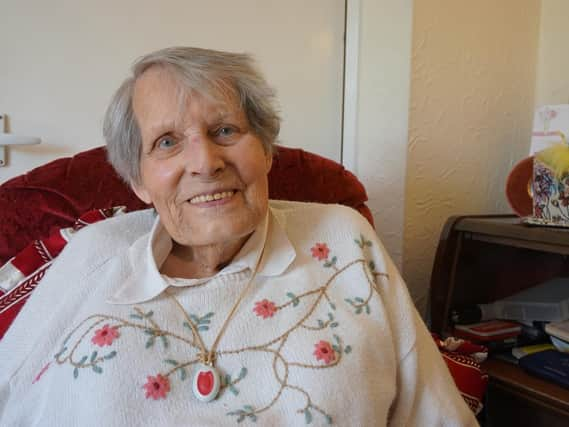

Veteran Louise Jennings, who was rescued from the beach with 12 other men during World War II, has died aged 99.Â
Her funeral will be held at Beauchief Abbey on Friday, January 4 and friends have called on anyone with military connections to attend.
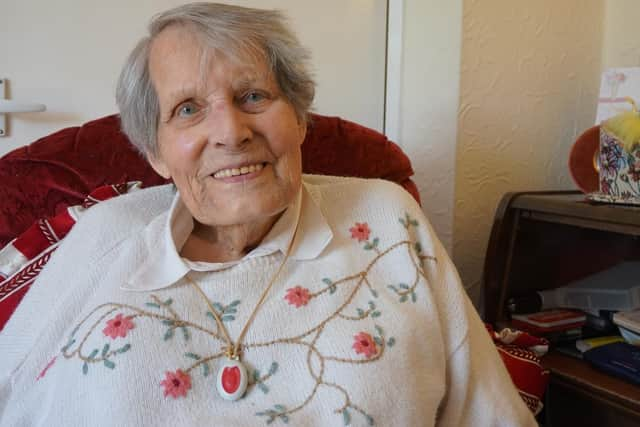

Advertisement
Hide AdAdvertisement
Hide AdLouise, was rescued at Dunkirk with 12 other men in her regiment the 10th Battalion Durham Light Infantry when she was known as Robert.
For Louise, originally from Heeley, lived as a man for the first 70 years of her life, and was happily married to wartime sweetheart Edith for more than four decades.
But Robert always knew something was not quite right inside, and after Edith died of cancer in 1989, he decided to act on feelings he had kept secret for years.
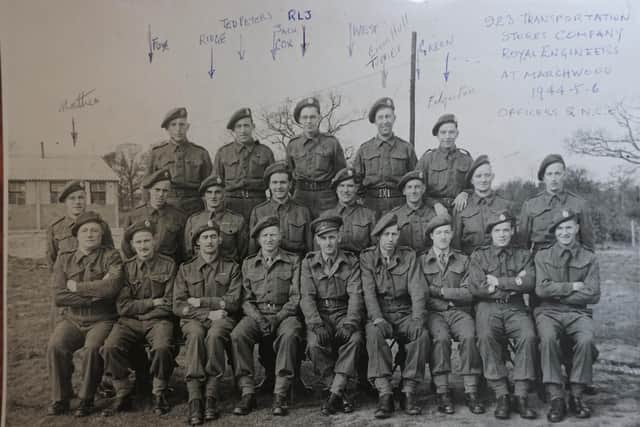

Robert underwent full gender reassignment surgery and adapted his middle name, Louis, to become Louise.
Advertisement
Hide AdAdvertisement
Hide AdIn 2017, Louise, of Beauchief, spoke to The Star about her memories of the evacuation.
She had only arrived in France shortly before it took place when she was aged 26.
Called up to the Army in 1939, aged 20, she was part of the intelligence team in the Durham Light Infantry 10th Battalion and had spent the bulk of the war up to that point helping frontline troops from a base at Walworth Castle, near Darlington.
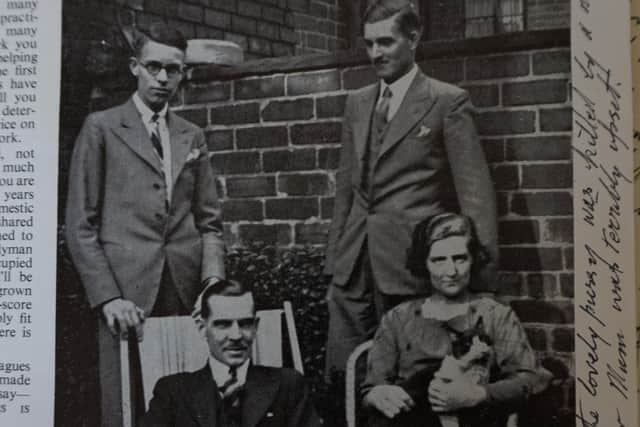

'When we got to France we were lined up and started to walk inland, ' she said.
Advertisement
Hide AdAdvertisement
Hide Ad'But when we got a few miles from the sea, it was halt - turn about and march back'. We had to get back to Dunkirk.
'I was extremely tired and extremely hungry.'
She added: 'God knows what we were doing there.'
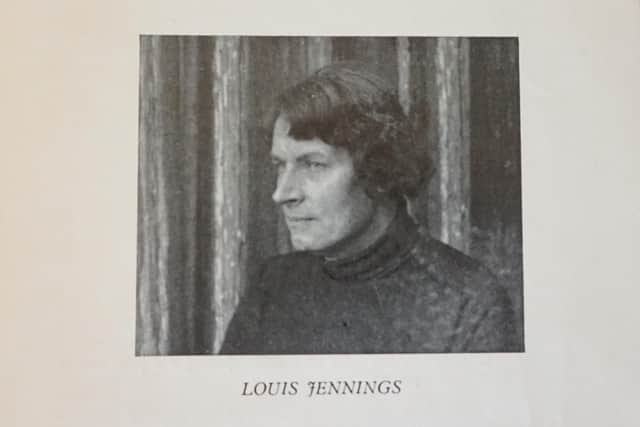

At the coast they joined thousands of men waiting for boats in the water.
Louise remembers collapsing in exhaustion against a huge concrete boulder that had once been part of the harbour wall, before having to row out to a British destroyer warship that was waiting to pick up troops.
'There was no use being scared, ' she said.
'I was very lucky - I could have been involved in all sorts of things, but I wasn't.'
Advertisement
Hide AdAdvertisement
Hide AdIn case they were in any doubt which nation had rescued them, the soldiers were greeted with cups of tea and were safely ferried back to Hastings, after which the 10th Battalion was sent back to Walworth Castle until the end of the war.
Louise, who did not have any children, was a talented artist and has exhibited work as far away as San Francisco. Among her many pieces is a painting she made of the scene at Dunkirk which was presented to Museums Sheffield.
She also made model boats, wrote poetry and was well-known among the arts groups in Sheffield
Louise's funeral will be held at Beauchief Abbey at 11am on Friday, January 4.
Â
Â
